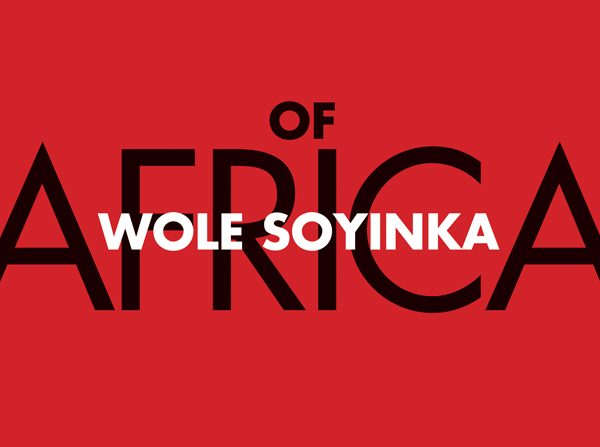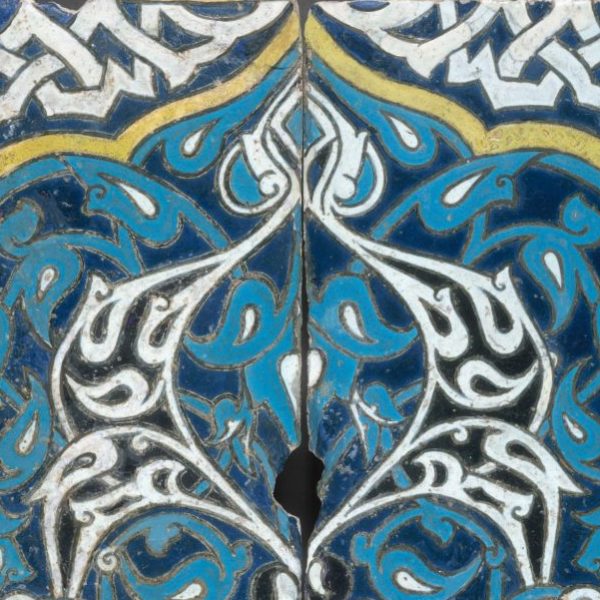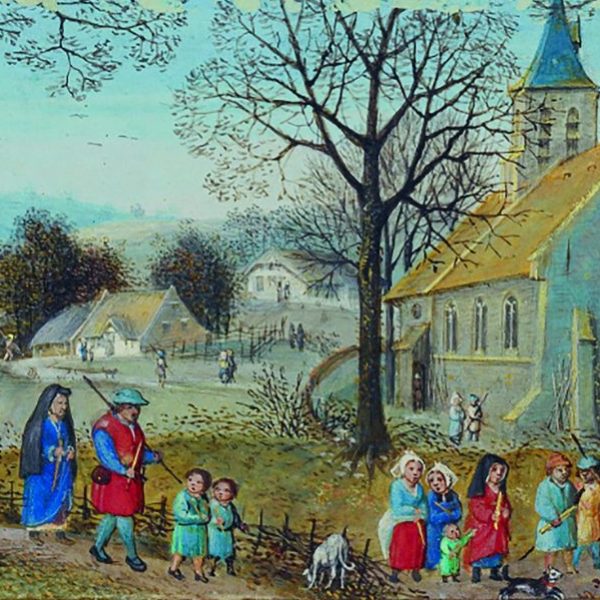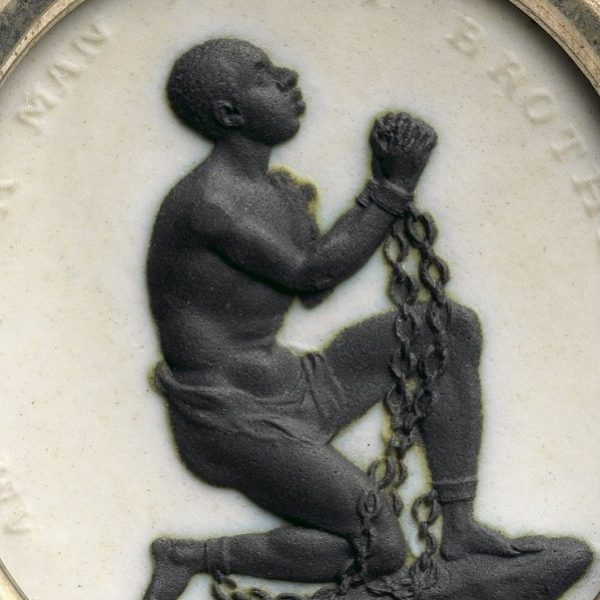Of Africa
 One night in Germany in 2009, after having given a talk that pointed out the atrocities committed on African soil by Islam and Christianity, Wole Soyinka was confronted by a young man, who loudly remarked across the entire dinner table, “Africans, you must admit, are inherently inferior. You must be, or other races would not have enslaved you for centuries. Your enslavers saw you for what you were, so you cannot blame them.” The table fell quiet, Soyinka changed his seat, and the man eventually left the room. Now, Soyinka’s long-overdue, but resounding and forceful response to the man who challenged him takes the form of Of Africa, a book that takes a broad view of the continent’s culture, history, religion and identity.
One night in Germany in 2009, after having given a talk that pointed out the atrocities committed on African soil by Islam and Christianity, Wole Soyinka was confronted by a young man, who loudly remarked across the entire dinner table, “Africans, you must admit, are inherently inferior. You must be, or other races would not have enslaved you for centuries. Your enslavers saw you for what you were, so you cannot blame them.” The table fell quiet, Soyinka changed his seat, and the man eventually left the room. Now, Soyinka’s long-overdue, but resounding and forceful response to the man who challenged him takes the form of Of Africa, a book that takes a broad view of the continent’s culture, history, religion and identity.
Soyinka begins his preface by asking, “What does the continent know as Africa possess that the rest—or a greater part—of the globe does not have already in superabundance?” The answer, he suggests, lies not in “material or inert possessions” such as mineral resources or the supply of cheap labor, but rather in “dynamic possessions—ways of perceiving, responding, adapting, or simply doing that vary from people to people, including structures of human relationships.” While they may not be as immediately useful as petroleum or timber, these are still valuable commodities of exchange.
One of the key focuses in Of Africa is the concept of spirituality. Denouncing the violence that has been wrought by religious conflict on the continent, Soyinka writes, “so many spiritual structures of the world — most notoriously the two claimants to primacy — Judeo-Christianity and Islam — are soaked in intolerance, blood, hatred, and insecurity, evincing every form of antihumanist deadliness as basic conditions for their very survival.” Soyinka argues instead for the value of Orisa: “In response to the holistic, sometimes universalist claims of others, an exegesis of Orisa worship, the millennia-old religion of the West African Yoruba people, more ancient than Islam or Christianity, will attempt to guide us, co-opted befittingly as paradigm for African religions.” Such an indigenous religion would be better suited to the task of facilitating peaceful co-existence than the major world religions.
But Soyinka doesn’t shy away from the darker aspects of Africa’s past either. He is unsparing in his denunciation of Africans’ failure to acknowledge their own role in the slave trade, asking ironically in a reference to Darfur, “Don’t we all love to eat of the exonerating fruit of the Tree of Forgetfulness?” Looking forward necessitates looking back and coming to terms with history, because “[a]s long as that past is fictionalized or denied, Africa is doomed to the curse of repetition.”
Alternately uplifting and brutally honest, but always clear-eyed, the perspective put forth by Soyinka challenges the ideas that are often imposed on Africa by other observers. This is not a view that comes from outside the continent, but one that is of Africa, rooted firmly in its realities.




